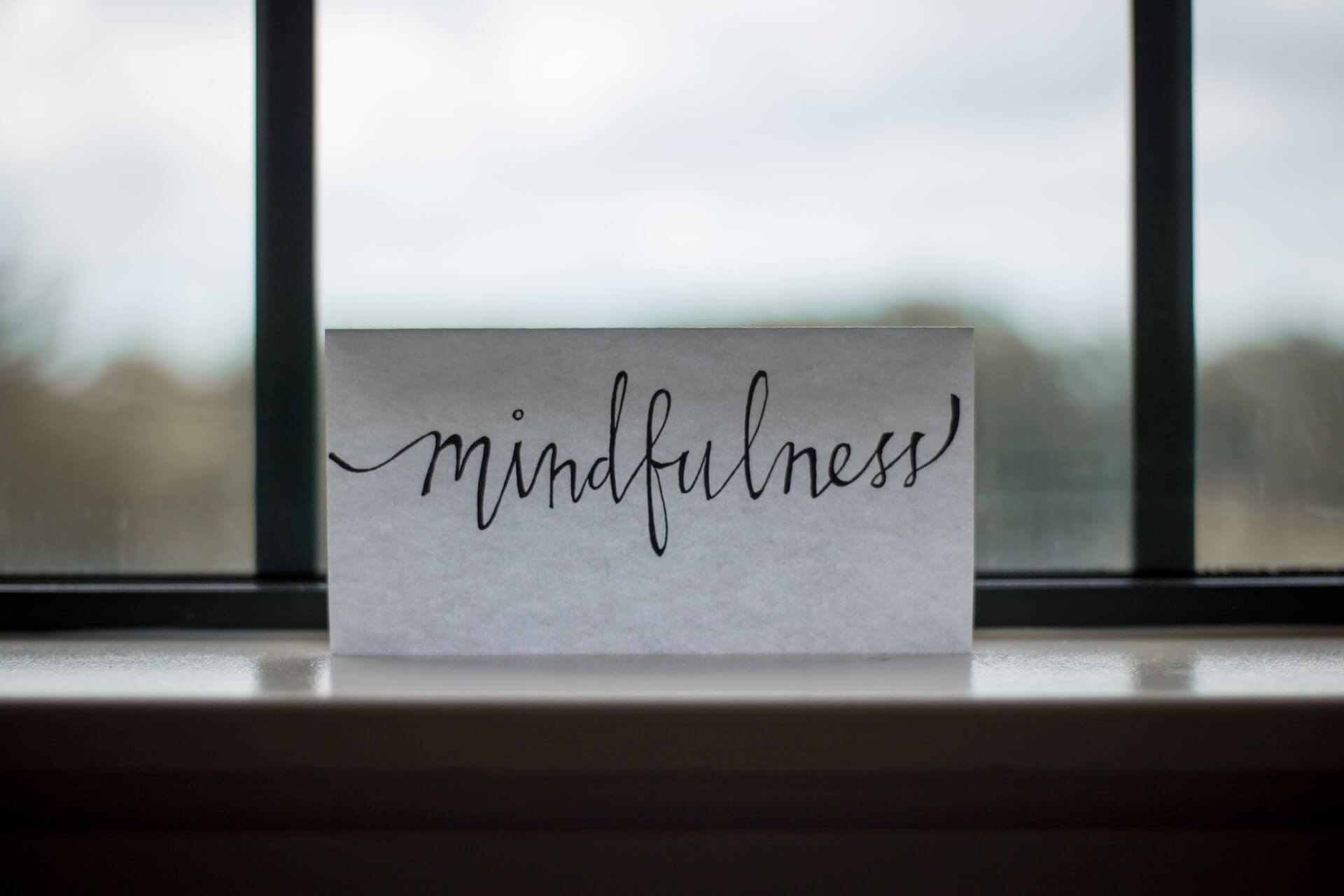Mindfulness is a topic that you’ll hear about everywhere you go these days. It has become a buzzword. Sometimes I hear clients grunt when I mention Mindfulness practice …” “Oh, no! Not that Mindfulness stuff again!”. Do you feel that way?
In the context of psychology and the counseling office the practice of Mindfulness is about Observing…Noticing…Being Aware. Mindfulness can be practiced in many ways, including meditation.
It is important to be more aware of how we think, feel, and act. This gives us choices. It becomes valuable information when we observe that “Everytime I hear that song I get a knotty stomach”, it is. Then, we can think about how we would like to respond to that song and make positive changes for our well-being.
How about you? What are your automatic thoughts, emotions and behaviors? Do you want to stop reacting automatically? Mindfulness practice can help you achieve this. These things are brought to our attention by regular Mindfulness practice. The next time we notice any of these automatic thoughts, emotions or behaviors, we can choose to interrupt it and choose something else.
However, this does not mean I will stop reacting to the incident by catching myself in the act and cursing at the driver. However, with practice I can reduce or even stop reacting to it.





